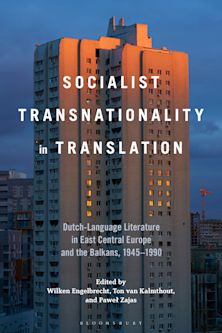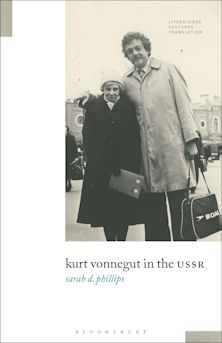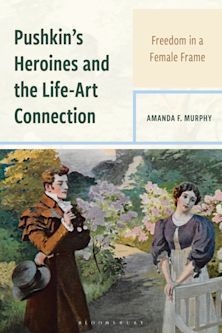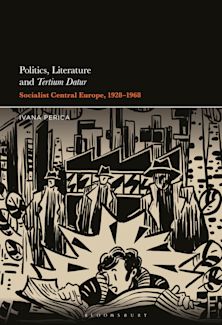- Home
- ACADEMIC
- Literary Studies
- Russian, Central and East European Literature
- The Politics of Realism
You must sign in to add this item to your wishlist. Please sign in or create an account
Description
Exploring the controversial history of an aesthetic – realism – this book examines the role that realism plays in the negotiation of social, political, and material realities from the mid-19th century to the present day.
Examining a broad range of literary texts from French, English, Italian, German, and Russian writers, this book provides new insights into how realism engages with themes including capital, social decorum, the law and its politicisation, modern science as a determining factor concerning truth, and the politics of identity.
Considering works from Gustave Flaubert, Charles Baudelaire, Émile Zola, Henry James, Charles Dickens, and George Orwell, Docherty proposes a new philosophical conception of the politics of realism in an age where politics feels increasingly erratic and fantastical.
Table of Contents
1 Assembly: Following the Money
2 A Private View
3 Grotesque Realism: Impropriety and Decorum
4 Legislating Reality
5 Science: The Force of Vision and the Vision of Force
6 Realism Changes Reality
7 Naked Propaganda: The Intimate Things of Common Life
8 Neorealism: The Real as Resistance
9 Politics of Fact
Product details
| Published | 21 Oct 2021 |
|---|---|
| Format | Ebook (PDF) |
| Edition | 1st |
| Extent | 288 |
| ISBN | 9781350228542 |
| Imprint | Bloomsbury Academic India |
| Illustrations | 5 bw illus |
| Publisher | Bloomsbury Publishing India Pvt. Ltd |
About the contributors
Reviews
-
Thomas Docherty's wide-ranging, spirited account of the role played by a contested aesthetic weaves examples from literature, visual arts, and film ... in admirably clear, accessible language that avoids jargon.
Modern Language Review
-
This well-written, well-thought-out book applies many Continental philosophical notions to the almost endless antagonisms between artists attempting to depict the world as they see it, and the political power of those who would deny the very need for change.
CHOICE
-
Docherty uses these categories to triangulate realism's changing shapes across two centuries of Western aesthetic debates and politics... [The] Politics of Realism leaves scope for a suitable response to how this realism of identity, at least in the European mediascape, might present a form of resistance just as Italian neorealism once did.
Midwest Modern Language Association

ONLINE RESOURCES
Bloomsbury Collections
This book is available on Bloomsbury Collections where your library has access.


































